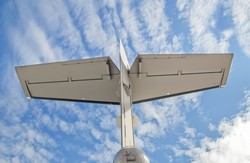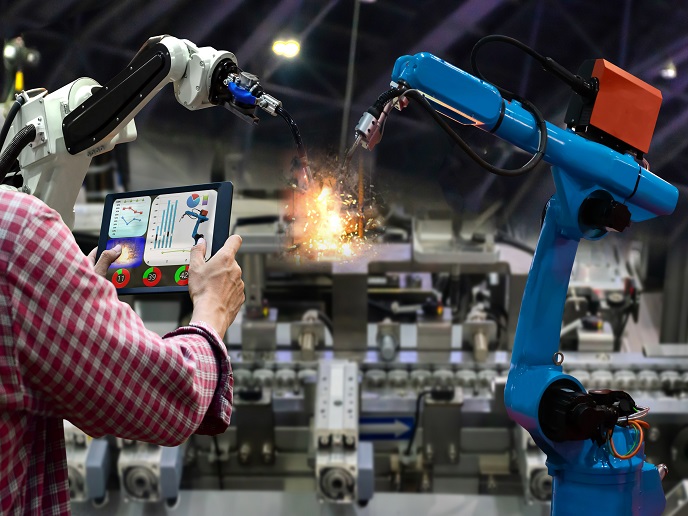The next step towards more-electric aircraft
The key element in the development of flight control systems has to date been hydraulic actuators, because of their proven reliability and lack of alternative technologies. However, the technology to build electromechanically actuated flight control systems is now available – an important step for the development of more-electric aircraft. The EU-funded FLIGHT-EMA (E-RUDDER) (Advanced flight control system – Design development and manufacturing of an electro mechanical actuator with associated electronic control unit and dedicated test bench) project represents a major step forward. Researchers developed a smart primary EMA for the rudder flight control system that helps keep aircraft on course. Its modular design facilitates easy exchange of electric and mechanical components. Parts are integrated with sensors, and control strategies support both autonomous and automatic safety control. The EMA includes an electronic control unit (ECU) as well as built-in test equipment. A disable device ensures that potential failures are detected in real time and an emergency actuation system is activated. The FLIGHT-EMA (E-RUDDER) team took the new technology through a rigorous test campaign. Researchers used a custom-built test rig supporting installation of the EMA in passenger cabins of a commercial aircraft and the Copper Bird – the Clean Sky research project targeting lower environmental impact of air transport. This ensured ample evidence of the concept's validity. The EU in collaboration with its aerospace industry has set ambitious goals for lowering air and noise pollution from aircraft and airport ground operations. The replacement of hydraulic systems with all-electric ones is a key component of their efforts. The FLIGHT-EMA (E-RUDDER) actuator and control system will make a major contribution to these goals and sustainability of the European aerospace sector.
Keywords
Electric aircraft, hydraulic systems, flight control, electromechanical actuator, FLIGHT-EMA (E-RUDDER)







